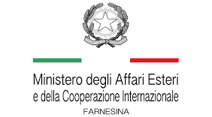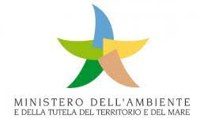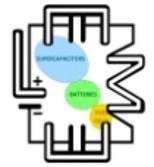Research Project and Program
The University of Bologna and the University of Pretoria are leading the joined Research Programme (Progetto di Grande Rilevanza) "Integration of High Power Energy Storage Systems for Sustainable Water Treatment and Renewable Energy Sources Managment" within the ISARP (Italian-South Africa Research Project) 2018 -2020 call on the thematic area of "Integrated and Sustainable Water Management, promoting measures and techniques aimed to enhance the sustainability and the efficiency of the water resources".
DESCRIPTION
Water-related problems such as insufficient or total unavailability of freshwater for drinking, irrigation etc.exists in many remote areas worldwide and are among the most important challenges faced by humankind. Over a billion people lack access to clean water, and approximately two million people die yearly from poor water sanitation. The development of technologies to efficiently enhance the sustainability of water resources is urgent. Existing water treatment plants require very high energy to produce clean water, thus the development of sustainable technologies for improving efficiency on water sources managment are priority arguments and foundamental issues for a sustainable future.
In this context, microbial fuel cells (MFCs) and energy storage systems like supercapacitors can play a key role. MFCs is a unique family of electrochemical devices that convert the chemical energy of organic compounds present in waste water directly into electrical energy through chemical, biochemical etc. reactions but with low voltage and and low power. One of the main challenges faced by MFCs is their low power density for practical applications such as its use in irrigation pumps for agriculture. Supercapacitors (SCs) are electrochemical energy storage/conversion systems with high power capability (up to 10 kW/kg) and long cyclic stability that can storage energy and realese it with high power peak and high current, suitables for real enviroment application. In effective strategy to boost the power generated by MFC is its integration with SCs. MFC-SC integration has already been demonstrated to be successful to power small electronics,sensors, mobile phones, robotics prototypes and the pump required to manage the wastewater flow in MFCs. The synergy between this two technology can lead a step forward the waste water treatment tecnology and its environmental impact.
This project aims at developing novel strategies for water and renewable sources management by capitalizing on the expertise accrued in SC components and design, specifically in electrode/electrolyte materials, hybrid configurations from recent achievements on supercapacitive MFCs obtained by the Italian PI with existing collaboration at the University of New Mexico and Bristol Robotics Lab (UK) and the South African PI. The research will focus on the integration and implementation of nanostructured materials into high power MFC-SCs for sanitation/energy growth.

The Minister of Foreign Affairs and International Cooperation

Ministry of the Environment and Protection of Land and Sea

Laboratory of Electrochemistry of Materials for Energetics

National Research Foundation